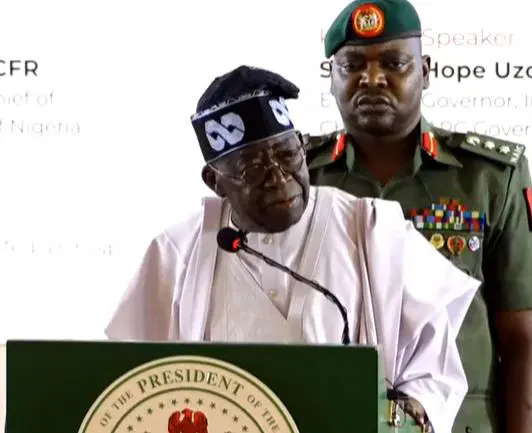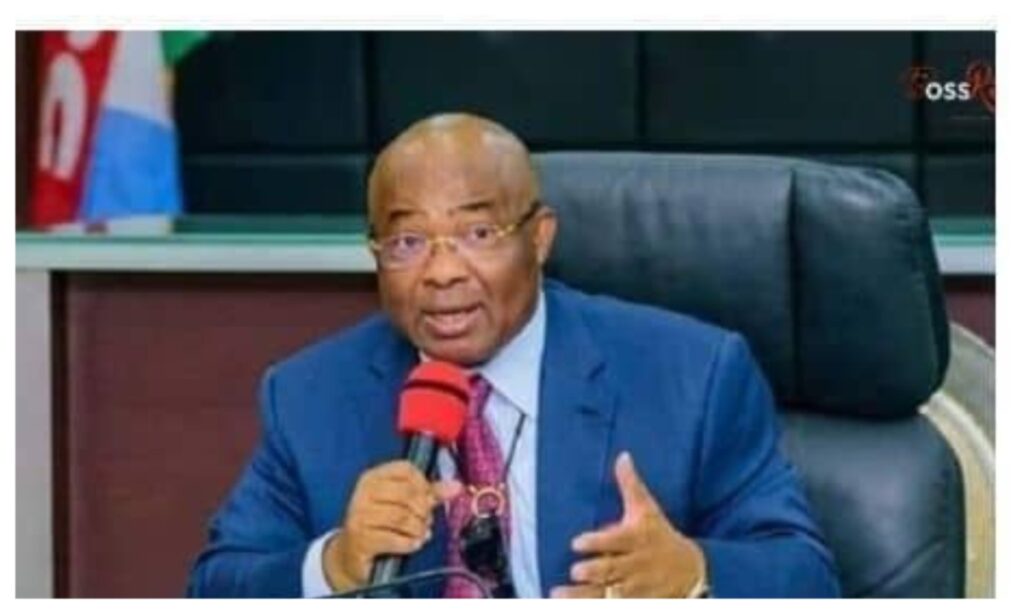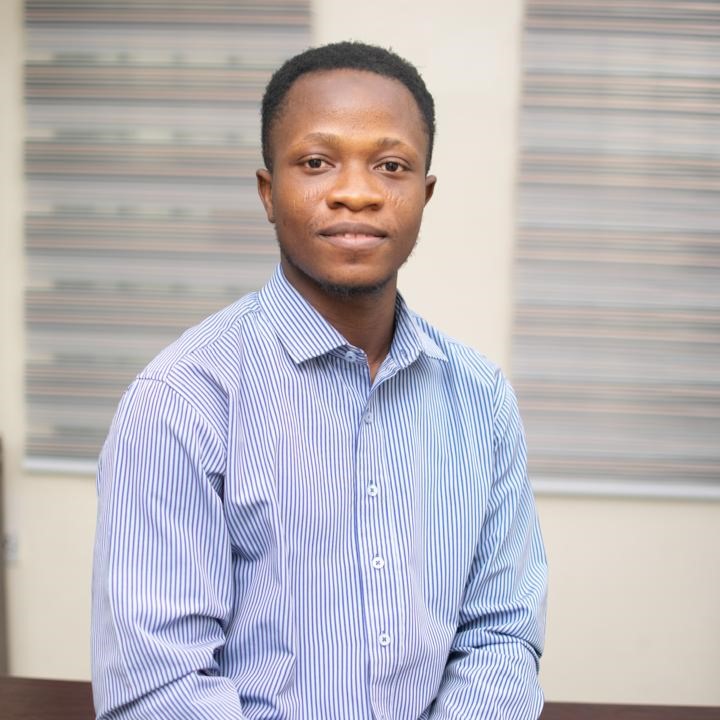The Nigerian press is facing unprecedented economic pressure, with soaring newsprint and operational costs threatening the survival of newspapers and broadcast outlets, the Nigerian Guild of Editors (NGE) has warned.
Speaking at the 21st All Nigeria Editors’ Conference (ANEC) in Abuja on Wednesday, themed “Democratic Governance and National Cohesion: The Role of Editors,” NGE President and Vanguard editor, Eze Anaba, highlighted the multiple challenges confronting the media industry, including soaring operational costs, insecurity, misinformation, and a steady decline in public trust.
Mr Anaba noted that the price of a tonne of newsprint has soared to between N1.3 million and N1.4 million and lasts only two days. “If a newspaper is to survive in a month, buying newsprint alone wipes out all the profits,” he added.
To protect media independence and sustain journalism, the Guild called on the government to grant corporate tax reliefs for media organisations for five to 10 years and to extend VAT exemptions on essential media equipment, citing models in India, Canada, and South Africa.
He also proposed the creation of a Media Development Fund to support the digital transition and multimedia innovation in Nigerian newsrooms; proposing that the fund be managed by an independent board to prevent political interference.
The editor further stated that Nigeria’s democracy, though resilient, continues to be tested by insecurity, economic hardship, misinformation, and declining public trust. “Most newspapers and televisions cannot pay salaries, not because they are not doing well, but because the cost of production is prohibitive.”
On press freedom, Mr Anaba said the Guild had submitted proposals to the Ministry of Information for the repeal of laws restricting journalism and the establishment of a Media Freedom and Safety Charter endorsed by the Presidency, Legislature, and Judiciary.
“The pen must never become an instrument of division or hate, but a tool for healing and bridge-building. When the press thrives, democracy builds; when the press is stiffened, democracy suffocates,” he said.
The conference, which brought together over 400 editors, media administrators, and communication leaders, also examined how the media can continue to safeguard democracy, promote inclusion, and maintain public trust amid economic and institutional strain.
How the media projects Nigeria’s image
Beyond grappling with the economic survival of their outlets, editors were reminded of the critical role they play in shaping Nigeria’s public image and reinforcing trust in the media.
Nigeria’s President, Bola Tinubu, urged editors to uphold accountability and responsible journalism to rebuild public trust and strengthen national unity. He commended the Guild for sustaining dialogue on the role of the media in democracy but warned against reportage that undermines the country’s cohesion. “Let us choose clarity over confusion, responsibility over recklessness, hope over despair,” he said.

Using the example of election coverage, Tinubu questioned narratives dominating the media. “The tone on some channels during the Anambra election was ‘vote buying’. Who is selling?” he asked. “If there is no reason to complain, let’s be cheerleaders. It is our country.”
He urged editors to reflect on the image they project abroad. “What should be worrisome to you is the image of the country you project to the outside world. How well is your institution making an effort to build a nation of credibility, with the integrity that is required? We may be poor, but we are going to come out of it.”
Recognising the sacrifices of journalists who endured detention and intimidation during Nigeria’s military era, the President described journalism as “an instrument of national awakening.”
“Democracy is sustained not only by elections and laws but also by the integrity of the public conversation. You decide what we call national focus. The weight of that national responsibility is extremely significant,” he added.
Mr Tinubu acknowledged the growing challenge of misinformation driven by social media. “Every citizen is now a potential publisher. Verification must be your anchor; balance, your principle; and professional judgment, your guide.”
ALSO READ: Olorunyomi, Obasa set to return to OAU for alumni lecture
He encouraged constructive criticism but cautioned against despairing narratives: “Criticise government policies, but do so with knowledge and fairness. Your aim must never be to tear down what we are building together but to help build a better society.”
Regaining public trust
Building on the president’s call for responsible reporting, Imo State Governor, Hope Uzodinma stressed the crucial role of editors in ensuring electoral integrity and restoring public confidence in the lead-up to the 2027 elections.

Speaking on “Electoral Integrity and Trust Deficit: What Nigerians Expect in 2027,” Mr Uzodinma cited findings from the 2023 ManTrust Barometer, which showed that only 51 per cent of Nigerians trust the media, compared with 71 per cent who trust NGOs and just 35 per cent who trust government institutions.
“That means nearly half of Nigerians actively distrust the media. This is an institutional crisis. Distrust in government and distrust in the media are the twin drivers of our national polarisation,” he said.
He warned that unverified reports during the 2023 elections undermined public trust in the process. “As editors, you should be held accountable for both the theme and sub-theme of this conference. The pen can change the world faster than the sword,” he stated.
Mr Uzodinma further urged editors to prioritise accuracy and context. “I am not asking you to abandon objectivity, but to choose accuracy over speed, verification over virality, and context over clickbait,” he said, adding that editorial choices can either build or break a nation’s confidence.
“The narrative you shape between now and 2027 will determine whether Nigerians will continue to believe in democracy,” he said.


